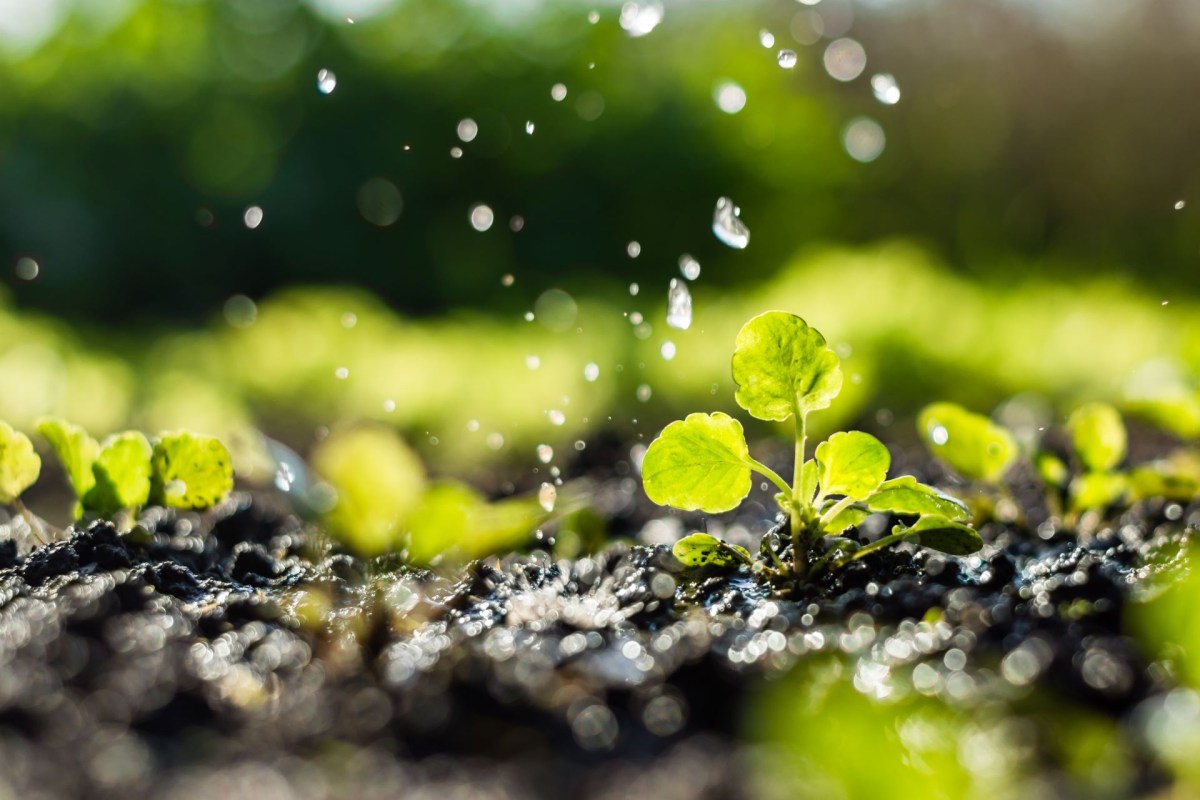There are few better pleasures than the scent that hits our noses after it rains — particularly in the summer months, when rain seems to take on an extra aromatic, earthy smell.
People love the smell of rain so much that various household brands, including H&M and Marc Jacobs, have sought to copy it with their perfumes.
But even better than this smell are the symbiotic relationships in nature that produce it. The term "petrichor" was coined in 1964 to describe the smell, from the Greek words "petra," for stone, and "ichor," for the golden fluid that flows in the veins of Greek gods, according to the website of the Met Office, the national meteorological service for the U.K.
What is petrichor?
Petrichor is the earthy scent that can be detected after it rains. It's not the smell of rain itself but an odor that is released when rain droplets fall on warm, dry earth.
More specifically, the petrichor smell is emitted by a chemical called geosmin, produced by soil microbes such as the bacteria streptomyces. The human nose can detect even the tiniest amounts of geosmin, at concentrations of just 5 parts per trillion.
When rain hits the ground, plant oils in the soil mix with geosmin and shoot into the air like an aerosol spray, therefore blending with ozone to create that lovely signature scent.
Why is petrichor important?
Petrichor doesn't just smell good. It's also vital to the survival of the streptomyces bacteria, which use it to attract small soil organisms — who, like humans, are big fans of geosmin's distinctive scent.
The smell of geosmin attracts insects and arthropods like springtails, which geosmin spores attach to. The spores are then carried away to begin a new streptomyces colony elsewhere.
Streptomyces is crucial for stimulating plant growth and improving soil health. By assisting plant survival, petrichor plays an indirect role in improving plant-growing conditions.
The microbe streptomyces is considered a plant growth–promoting rhizobacteria (PGPR), which is a type of microorganism that enhances nutrient availability for plants' roots. PGPRs also have antibiotic and antifungal properties, staving off soil pathogens that might harm growing plants' health.
The agriculture industry is increasingly considering using streptomyces as a natural, chemical-free way to improve soil health and increase crop yield.
Streptomyces can help undo the damage humans have done to soil and water through degrading pesticides and hazardous metals. By removing metals from water sources, streptomyces improves the water quality used in farming.
The use of many organochlorine pesticides is widely banned throughout the world, but solutions are still needed to remove pollutants that already exist in our environment. Petrichor could connect with one such solution.
Join our free newsletter for cool news and cool tips that make it easy to help yourself while helping the planet.









